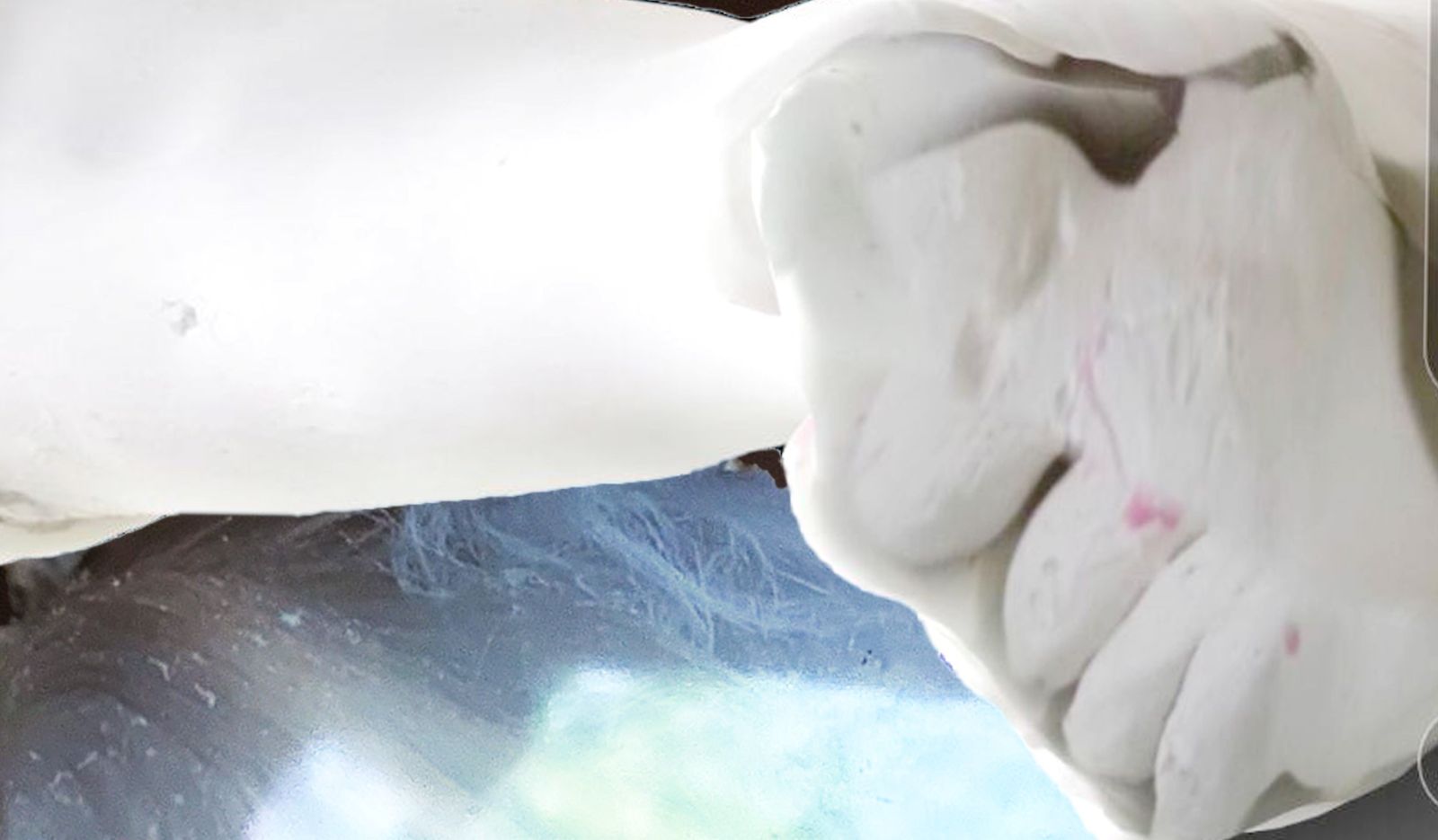
Program

Tuesday, April 16, 2024, 7:00 p.m.
with a music performance by DJ Die-Ley and Veit B, 8:00 pm
April 17 to May 25, 2024, Tuesday to Saturday, 1:00 - 7:00 pm
Film evening on the subject of body and discomfort: April 25, 2024, 7:00 pm
Reading event with coffee from stray coffee roasters: May 11, 2024, 3:00 pm
Saturday, May 25, 2024, 7:00 pm
with a music performance by RABOTANoLoSo
Kunstarkaden, Sparkassenstraße 3, 80331 Munich l kunstarkaden.muenchen An art space of the City of Munich
Free admission / Barrier-free / Closed on public holidays
One hundred years after the death of Franz Kafka, we ask ourselves which aspects of his work resonate particularly strongly in the present moment. Which of these can also be found in our artistic work?
Franz Kafka is an extremely important figure for the artistic tradition in both Germany and the Czech Republic and, just like us, as a German-speaking author who lived in Prague, he was strongly influenced by both cultures. In multi-ethnic Czechoslovakia between the world wars, the Surrealists immediately responded to his work with great enthusiasm.
We are tracing the specific tradition of Czechoslovak Surrealism and would like to consciously address this strand of our own artistic biographers and origins. We are fascinated by the specific heaviness, melancholy and the processing of the fear of a reality that is difficult to endure.
Kafka's treatment of corporeality reveals a certain unease, open to fragility and changeability. His treatment of the more-than-human, in the sense of the philosopher David Abram's term, is also extremely exciting: Kafka's characters are often not quite human, or not quite clearly alive. From his gloomy poetic position, Kafka declares that the image of man as an autonomous, rational being that prevailed a hundred years ago has always been a failure.
His quite humorous observations of deep interdependence, loneliness and absurdity remain relevant. The human body, which connects us to other animals and is at the same time strongly anchored in society and in different identities, is also at the forefront of our work.